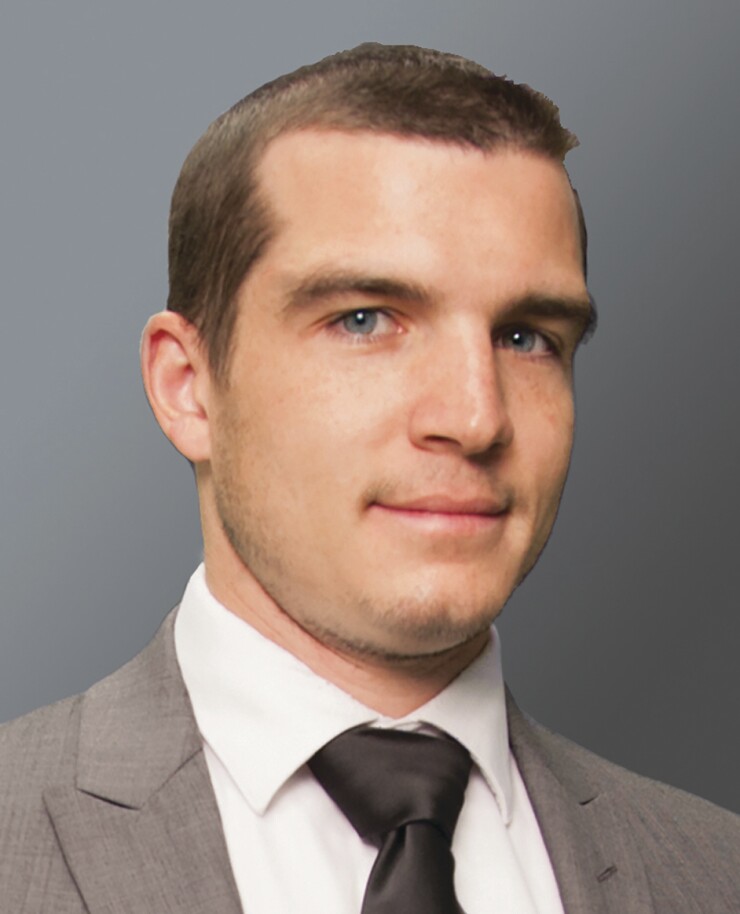This edition of Generational Viewpoints features two professionals from

PINTABONE’S GEN X VIEWPOINT
The first thing that others must accept is that remote auditing is already taking place while we’re at the client’s office. That’s right — remote auditing is taking place under the same roof, within the same walls of our clients, and not just between different addresses and different zip codes. I’ll often be on-site at a client location while our audits are being performed and 100 percent of the communication on a given day has been electronic. Communication is taking place via e-mail and Skype, while audit evidence is being scanned and uploaded to Box.
It’s easy to continue with our same, comfortable routines, but without change, you’ll likely become irrelevant. The profession can’t hold onto “old-school” reasons why remote auditing will not be effective. Most of the change I’ve experienced in my 17-year career has been positive and none of the change has been disastrous, which is the reaction often portrayed when change is suggested. Had we continued to use 14-column paper when preparing audit workpapers, rather than embracing the concept of a paperless audit, I likely would have left my current place of employment years ago, along with many of the other younger staff at the time.
I remember being in a conference room 15 years ago and seeing what appeared to be a treasure chest from the movie “The Goonies.” It turns out the chest wasn’t filled with One-Eyed Willy’s treasure. Rather, it was filled with another firm’s audit workpapers. Fast-forward 15 years — we recently relocated to our new office space, and on my last day in the old office, I simply walked out with my laptop in a backpack and my garbage can. Had we not let go of what worked in the past and made the decision to go paperless, I’m confident many of our clients would have left us years ago, too.
The transition from traditional on-site auditing to remote auditing is a comparable change that is inevitable. We must be willing to let go of old norms that no longer hold ground and innovate for the future. Otherwise, we risk becoming irrelevant to our clients and our most valuable asset — our people.

CARUSO’S MILLENNIAL VIEWPOINT
I am fully receptive to performing a substantial portion of the audit remotely as opposed to at a client site because I believe both can promote the same level of world-class client service. However, there is resistance by some for a variety of reasons.
When both you and your client are comfortable with the concept of conducting your audit 100 percent remotely, you will likely realize the following:
- Remote auditing significantly increases quality of life because it allows you to work from anywhere.
- No one wants an auditor in their building taking up valuable conference room space. It creates tension and uneasiness.
- You will never be told that a step ladder and a one-foot fold-out tray is the only viable workspace again.
- You don’t need to drive two hours each way to your client’s site.
- Remote auditing creates more focus and transparency, especially when using specialized tools such as Box, Microsoft Teams and others.
The challenges that we experience when auditing 100 percent remotely and that should be addressed include the following:
- As a Certified Fraud Examiner and socialite, I appreciate being at a client site to understand the environment and get to know the people.
- Seeing people’s reactions to questions and dialogue provides valuable information to aid in performing an audit.
- When parties don’t treat Skype calls with the same attention as a face-to-face meeting, they can get distracted.
- Remote auditing requires the client to appreciate the use of technology and encourages them to desire a change in their habits.
- Technology systems need to be upgraded across industries to capture more data electronically.
- I enjoy being around people and working with clients to find mutual solutions.
To fully embrace remote auditing, we must maintain the crucial relational aspect and the learning opportunities we experience through in-person interactions.
This column is facilitated and edited by Brianna Johnson, the millennial consultant, and Jennifer Wilson, the baby boomer co-founder and partner, of





